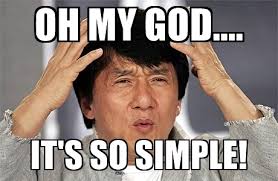So when I dig deeper it seems like there is no reason why these checks and balances exist other than the founding fathers said they exist. It's very nice to have three different powers, but if they have no reason to check and balance each other then its useless. You have to explain why you have put it in the actors interest to check and balance the other actors, you can't just say it and walk away.
Michael Huemer:
Americans are taught that they live under a system of ‘checks and balances’, whereby the executive, judicial, and legislative branches of government each restrain the others from abusing their power. This idea derives from Montesquieu, who influenced the framers of the American Constitution. 45 Thus, the judiciary has the power to strike down unconstitutional laws, thereby serving as a check on the power of the legislature. The executive branch has the power to appoint judges, which the legislature must approve; thus, the executive and legislative branches act to ensure the integrity of the judiciary. The legislature has the power to impeach the president, and the legislature may thus check the power of the executive branch. And so on. No branch of government is supreme, and each has important powers over the others.
This theory is missing one crucial element. That is an account of why each branch of government should be expected to use its powers to prevent the other branches from abusing their powers rather than, say, to assist the other branches in abusing their powers or to prevent the other branches from carrying out their legitimate functions. Again, it does not matter what our theory labels as the proper function of government officials. What matters is the incentive structure. Do the three branches of government each have an interest in ensuring that the other branches function properly without overstepping their constitutionally prescribed bounds?The bold is mine.

